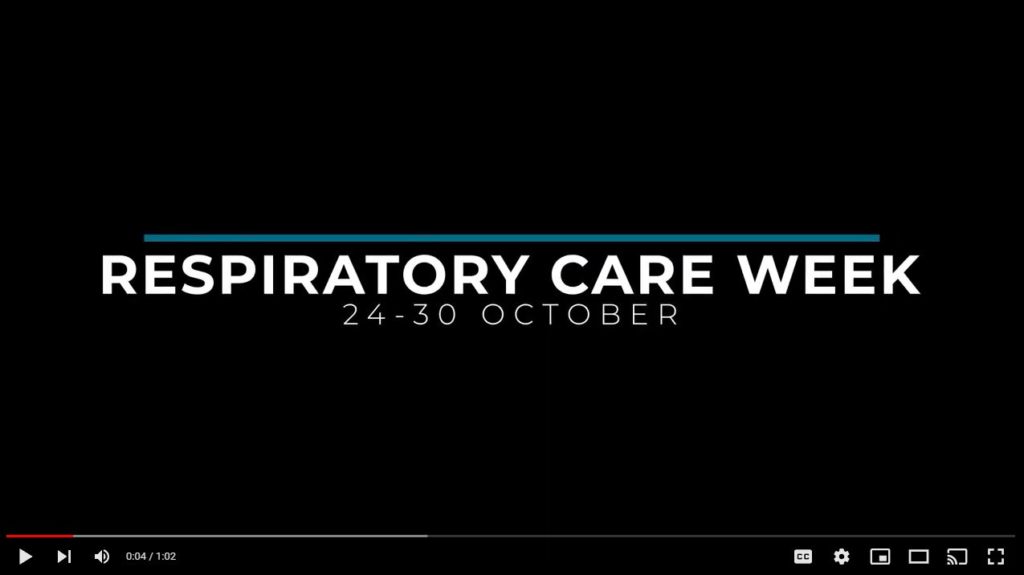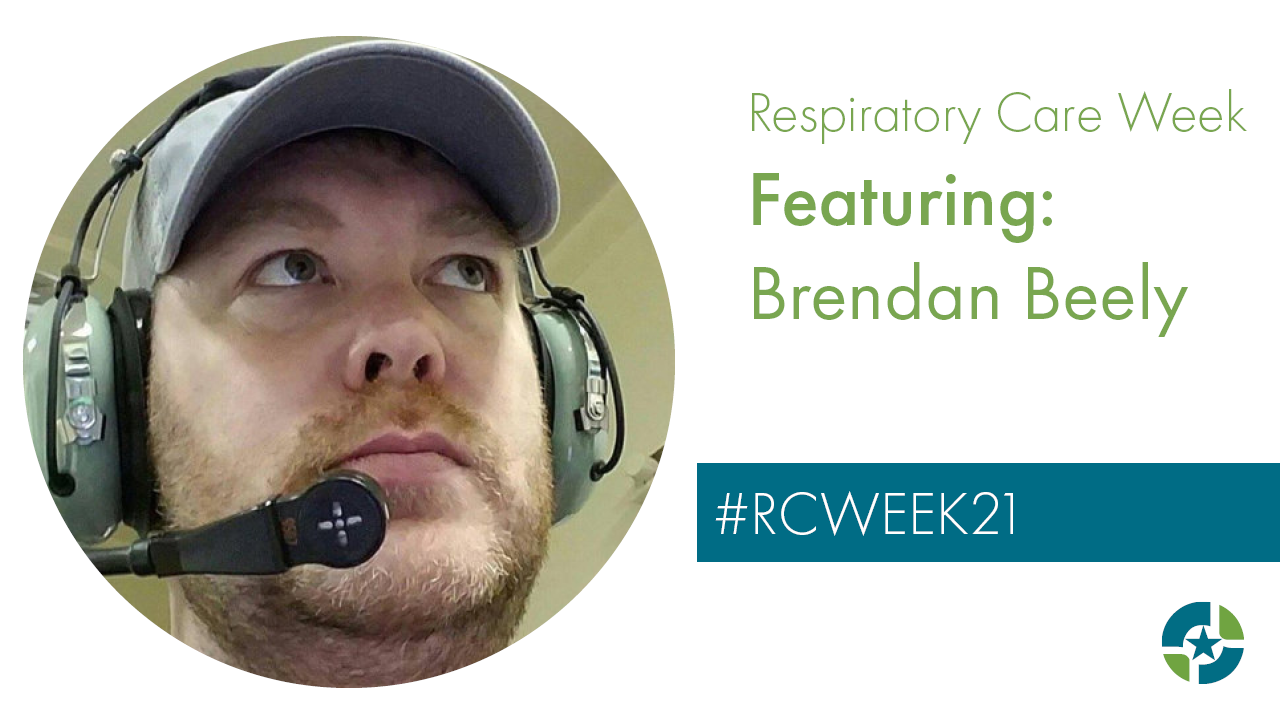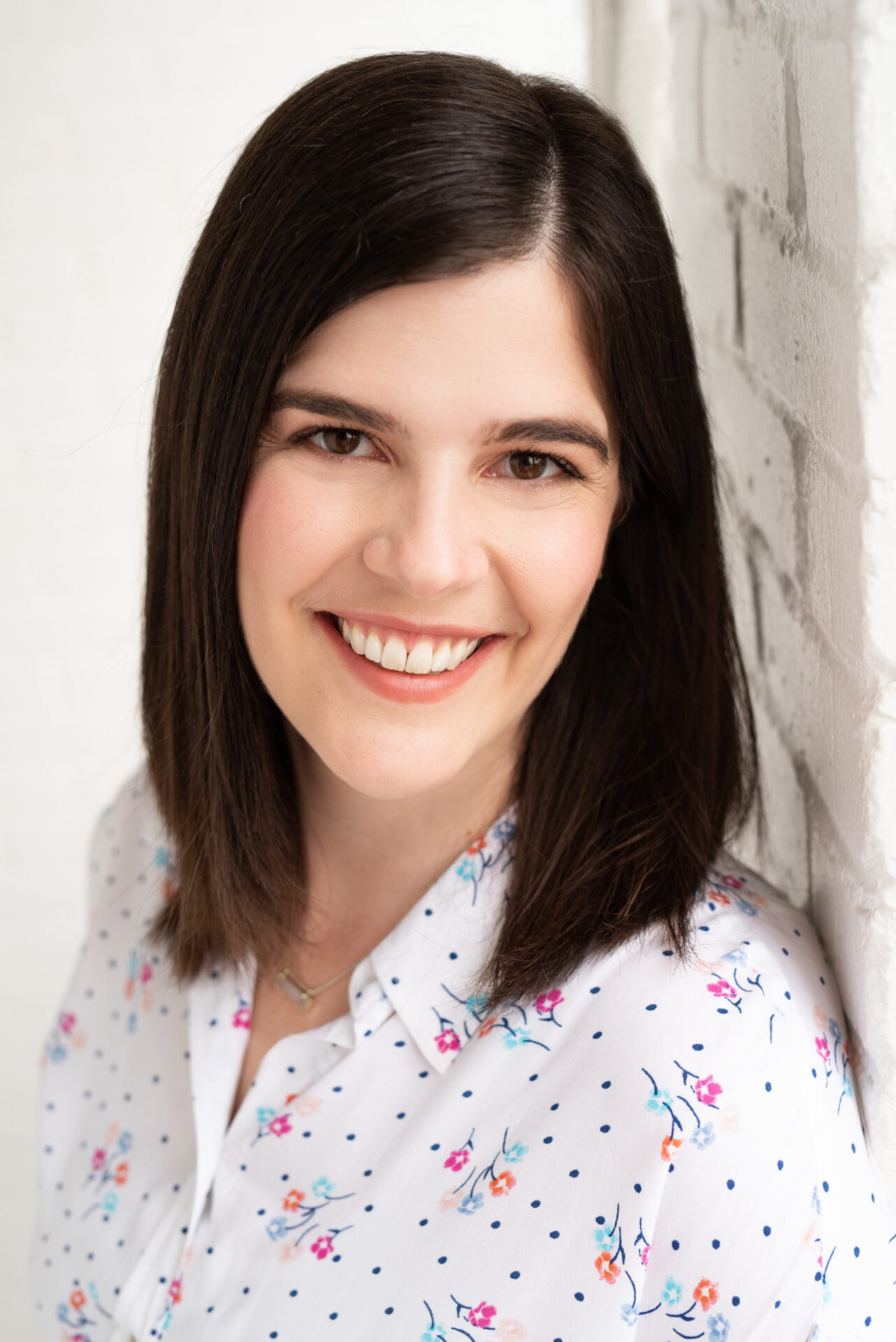24 October 2021
Helping Wounded Soldiers Through Respiratory Care | Respiratory Care Week 2021
Research Coordinator Brendan Beely, BSRC, RRT explains how he got into respiratory care and how his experience benefits our Nation’s warfighters.

A respiratory therapist is a certified medical professional who treats people suffering from pulmonary disease. The demand for high-quality respiratory therapists has surged due to the strain that COVID-19 put on the healthcare system. They serve alongside doctors and nurses on the front lines to help patients whose breathing has been compromised from a myriad of issues.
The profession is recognized each year for its importance during #RespiratoryCareWeek by the American Association for Respiratory Care. The week is also an opportunity to raise awareness for improving lung health.
Geneva employs skilled and devoted respiratory healthcare professionals such as Brendan Beely, BSRC, RRT. Beely is a registered respiratory therapist and research coordinator at the Autonomous Reanimation and Evacuation (AREVA) research program led by Geneva Principal Investigator Andriy Batchinsky, MD at Brooks City-Base in San Antonio, Texas. In this role, Beely provides administrative support that enables researchers to improve evidence-based care for combat-related injuries.
In honor of Respiratory Care Week, we asked him to share his story.
Why did you become a respiratory therapist?
I joined the army and wanted a marketable skill, but I was also young and naive and believed what my recruiter told me, so I ended up in an infantry unit. After tours to Afghanistan and Iraq, I went to the re-enlistment guy, and said I’d stay in, but wanted out of the infantry. Respiratory Therapist was the only medical job open, so I signed up. In hindsight, there’s a cosmic balance there — my mother died of lung cancer when I was a teenager, so it came full circle. I graduated training in 2006, got stationed at the US Army Institute of Surgical Research Burn Center, and then spent about the next decade doing patient care. Mostly I worked in critical care in the burn, surgical, medical, and neonatal ICUs.
While at the burn unit, I met Dr. Batchinsky — he and his team asked for help, and I was the one that answered the call. He remembered me for that when I left active duty and made a position within his team for me.
How has your experience helped you with the work you do at Geneva?
I’ve been working with Dr. Batchinsky and Geneva since January 2015. I’m the only other member of the team with ICU patient care experience, including some (limited) clinical extracorporeal membrane oxygenation experience. That, along with my infantry time, gives me some unique perspectives into our work and has really shaped my mindset about a lot of what we do and how it can be applied to the warfighter of tomorrow; especially the infantry mindset. Dr. Batchinsky really seems to appreciate the down-to-earth, direct nature of that mindset I brought: “If the mission needs accomplishing, I’ll find a way.”
Disclaimer: The views expressed do not reflect the official policy of the Army, the Department of Defense, or the U.S. Government.

"If the mission needs accomplishing, I'll find a way.”
Brendan Beely, BSRC, RRT
HIGHLIGHTS
- Respiratory therapists are recognized each year for its importance during #RespiratoryCareWeek by the American Association for Respiratory Care. The week is also an opportunity to raise awareness for improving lung health.
- The demand for high-quality respiratory therapists has surged due to the strain that COVID-19 put on the healthcare system.
- Brendan's ICU experience along with his infantry time, gives him some unique perspectives into their work and has really shaped his mindset about a lot of what they do and how it can be applied to the warfighter of tomorrow.


